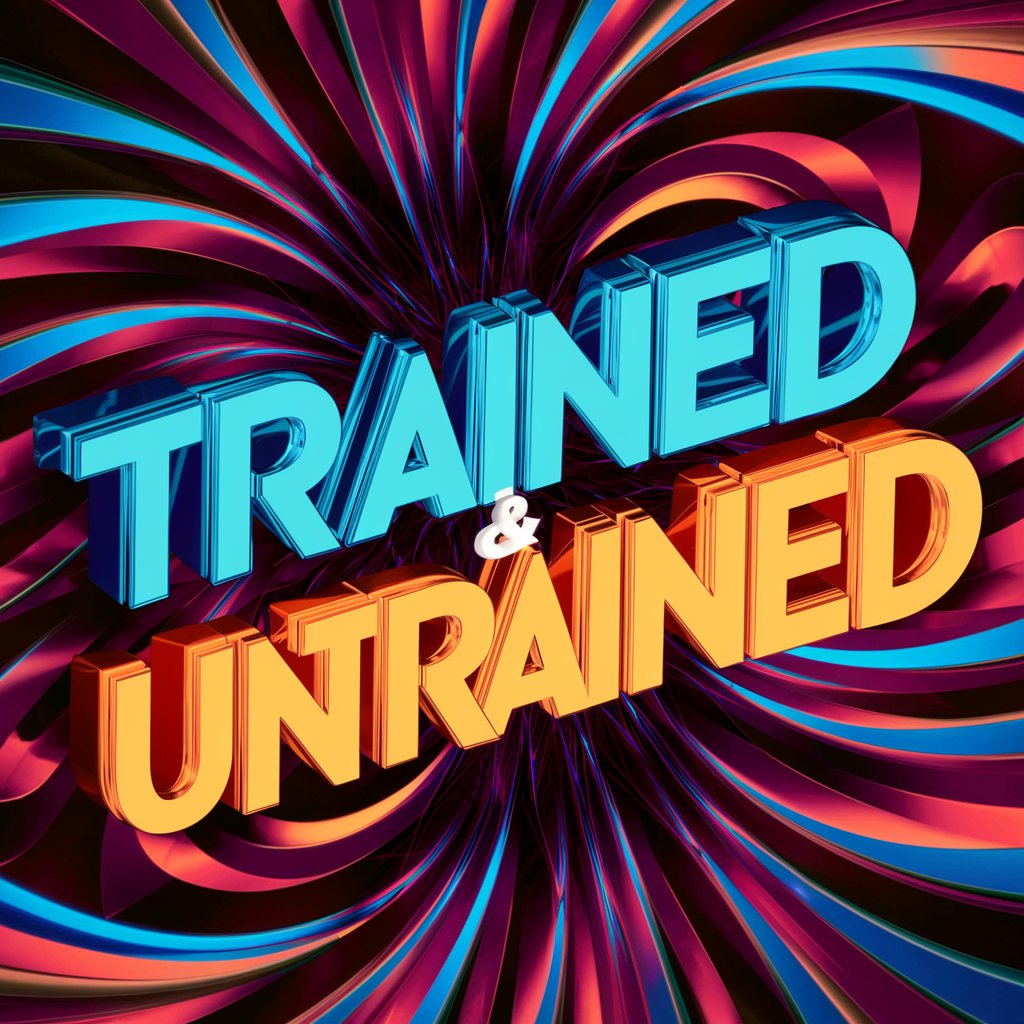While coaches may specialize in working with different demographics, there are two kinds of “coaches” – trained and untrained.
Coaching is not regulated, which is why there is a category of people who name themselves “coach” without having any kind of training. It is important to ask the person calling themselves “coach” where (if) they got their training.
Many trained coaches who work as I do and learn the way we learn in our training, call themselves “life” coaches. We call ourselves “professional coaches.” At the end of the day, and in my humble opinion, a coach is a person who has been formally trained in skillsets of deep listening, powerful questions, offering illuminating feedback, creating a space of accountability and so much more, all toward the end of facilitating people in not only getting what they say they want, but in gaining the confidence that they are the person who can get the things they want in this life; i.e., transformation.
That said, there are niches in professional (or life) coaching which can help you find a coach that fits your needs. In this sense, there are limitless “kinds” of coaches. Below are a few. Each description on this list assumes a formal training in the skills of coaching.
1. Career Coach: Focuses on helping individuals navigate their career paths, set professional goals, and achieve job satisfaction. They may assist with resume building, interview preparation, and career transitions. The latter offerings are more in line with consulting than coaching. But the coaching aspect can be highly useful in helping people move past fears of applying, interviewing, and asking for a raise, just to name a few.
2. Health and Wellness Coach: Specializes in helping clients improve their physical and mental well-being. They may work on fitness goals, nutrition plans, stress management, and overall lifestyle changes. Often they have substantive knowledge about health and wellness, but imparting this knowledge is more in the area of teaching. When the knowledge is paired with coaching on what keeps clients from taking care of themselves, you have a very powerful combination.
3. Relationship Coach: Aims to improve personal and professional relationships. They may help with communication skills, conflict resolution, and building healthier relationship dynamics. As above, the aspect of teaching skills is not strictly speaking, “coaching,” but the coaching around what is in the way of applying these skills, how to deal with the feelings that arise in relationships, why a person may not ask for what they want in the relationship, etc., helps people create powerful and intentional relationships.
4. Executive or Leadership Coach: Works with business leaders and executives to enhance leadership skills, improve team management, and achieve organizational goals. They often focus on strategic thinking, decision-making, and work-life balance. Ditto to what has been stated above on the difference between imparting knowledge and coaching the leader every step of the way as they work to implement the skills and come up against a variety of obstacles; and on the tremendous value of pairing the two.
5. Financial Coach: Assists clients in managing their finances, setting financial goals, budgeting, and improving their financial literacy. They may help with debt reduction, savings plans, and investment strategies. All of this is consulting. The coaching comes in when the client comes up against why they don’t stick to a budget, etc. and how to move past that.
6. Spiritual Coach: Guides individuals in exploring their spirituality and finding deeper meaning in life. They may work on mindfulness, meditation, and aligning life choices with personal values.
7. Business Coach: Helps entrepreneurs and business owners grow their businesses, improve operations, and achieve financial success. They often focus on business strategy, marketing, and team building. All of these are the job of a consultant. The coaching aspect of helping the client find what drives them, what they truly want and the accountability to get there is a great combination for business success.
At McLaren Coaching we train you in the Transformative Coaching Essentials – the essential skillsets and ways of being that allow you to be the professional (or life!) coach who can create whatever specific niche you want for yourself!







